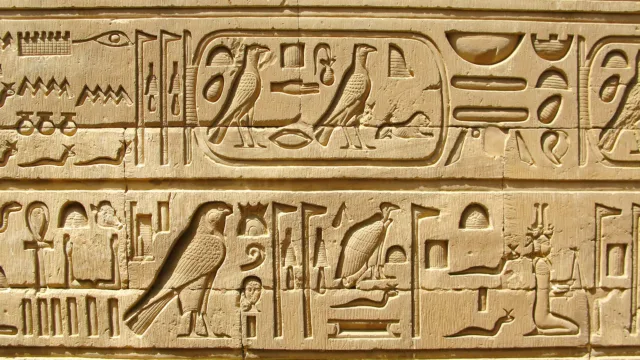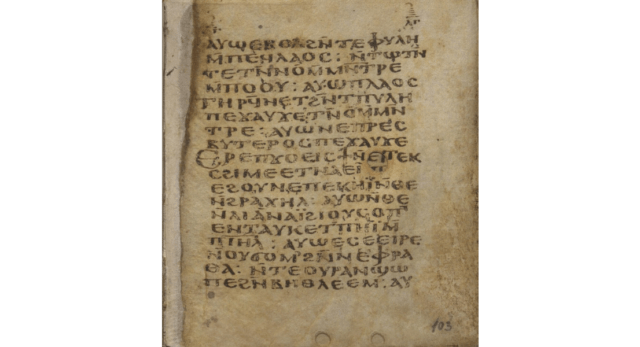From Writer Unboxed:
Greek on the Rosetta Stone. By 1814 he had completely translated the inscription. You read that right: he decided to tap away at it and a year later he’d cracked it wide open. He’s rightly credited with deciphering a language that I as a student called Demonic because of its impenetrability.
Young’s contributions to the study of hieroglyphs had the potential to be equally transformative, but there’s the catch: “potential.” Young was a polymath, a brilliant scholar who never committed to one passion. He practiced medicine. He created a formula for understanding blood flow. He contributed the term “Indo-European languages” to linguistics. He’s considered the founder of physiological optics. Einstein praised his work because he freaking developed the wave theory of light.
As you might imagine, all of this work didn’t leave him a lot of time to study hieroglyphs. He came, he saw, he went off to conquer something else.
The stories of these two men were on my mind last month when I led a tour group around Egypt. Nearly every ancient site we visited was covered in hieroglyphic writing, and thanks to their breakthroughs, I could translate quite a bit of it – but not all.
Not all, because like Young I’ve scattered the seeds of my time across multiple terrains rather than planting them in one field. I have spent years of my life learning to excavate archaeological sites, teach, do linguistic analysis, play the piano and clarinet, and sing. I have baked bread and made jam and quieted a crying baby, sometimes simultaneously. I’ve practiced the basics of knitting and crocheting and tapestry weaving. I’ve run a marathon and given birth three times without pain medications. Not to brag, but sometimes I can even do a yoga flow without resorting to child’s pose in the middle. My scattershot years weren’t wasted; I just didn’t “give myself up entirely” to one thing, as Champollion did.
I know I’m not alone. Many writers have other careers prior to writing, or simultaneously with it. You can probably name your own favorite authors who did X and Y before writing, and usually those experiences were what they drew upon to create their unique voices and worldviews. Most of the time I’m heartened by these examples, but in the dark nights of the tortured writerly soul, I fret: Is greatness–or even competency– a realistic goal for someone who has fiddled away so many years on other projects? If it takes ten thousand hours to get decently good at something, who’s got that kind of time, after spending a thousand hours here and another thousand there and a few thousand more binge watching police procedurals?
If you and I have missed the chance to be the Champollion of fiction writing, whatever that might look like, can Thomas Young provide a good alternative? He was less celebrated in any one field, but darn good at a lot of them. He did also have the leisure of an inherited fortune and brilliance of a kind most of us can’t fathom – so what I really want to explore is whether mere mortals can still create a meaningful life’s work after doing other things.
Link to the rest at Writer Unboxed
Hieroglyphs on the Temple of Kom Ombo, Egypt

Coptic – Parchment fragment. Verso. Book of Jeremiah. White Monastery, Sohag (Egypt), tenth century
